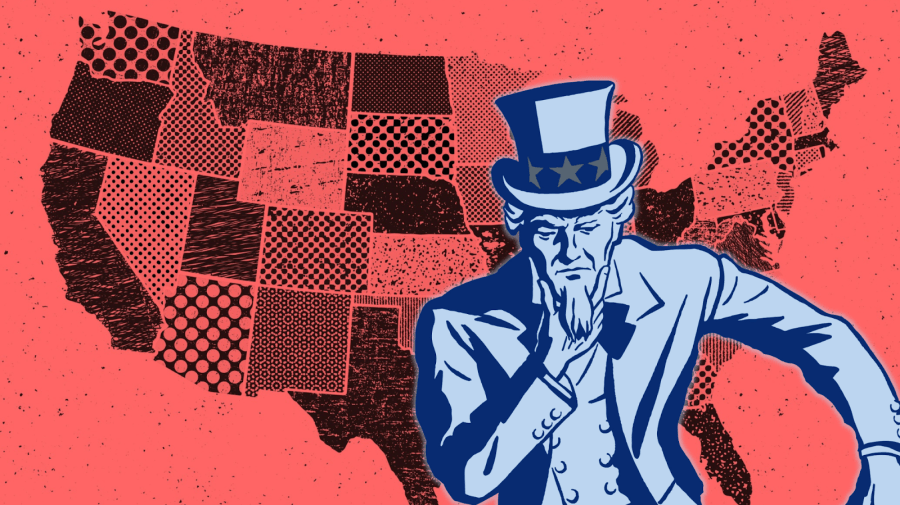
When people think of government structures, they typically focus on broader categorizations — democracies, republics, monarchies, dictatorships and so on. However, the landscape is far more nuanced than that. In fact, often governments are many things at once. One descriptive term you may have heard recently is “gerontocracy” — but what does it mean?
Here, we’ll delve into what a gerontocracy is and trace the ways in which the United States is increasingly shifting toward a gerontocracy — even without an explicit plan to do so. Most importantly, we’ll look into if — or how — being a gerontocracy is hurting American democracy.
What Is a Gerontocracy?
A gerontocracy is a form of rule in which a state, country or other entity is presided over by leaders and elected officials who are significantly older than the population they govern. Often, political power accumulates with age; from amassing more wealth to spend on political campaigns to holding more experience, there are numerous reasons why older adults often have more power, politically speaking.
In the end, that means older generations end up at the helm, even unintentionally. Functionally, gerontocracies can take several forms, and crop up in different types of governments, including democracies, republics, oligarchies and in communist nations.
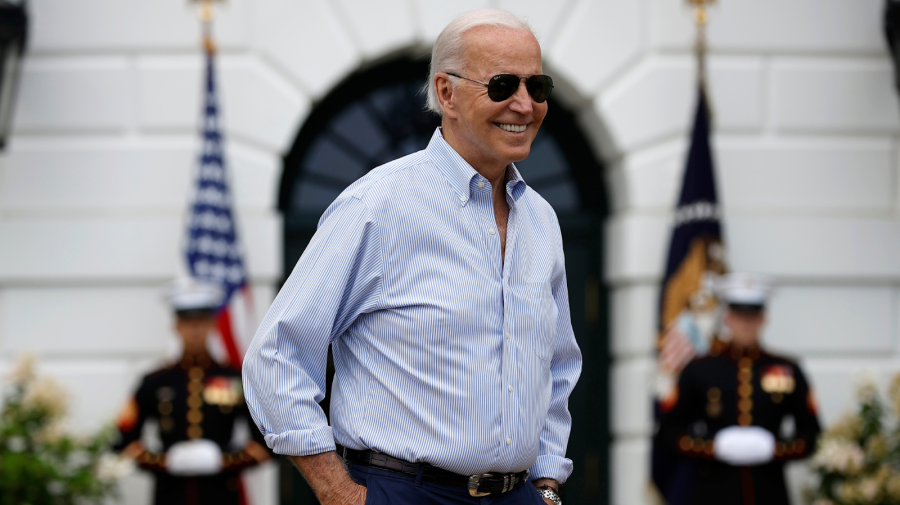
So, Is America a Gerontocracy?
In truth, the answer is somewhat subjective. Most definitions of the term gerontocracy employ pretty vague phrasing, referring to it as a “rule by elders,” instead of clear age-related cut-offs or conditions. Other sources define the term as an entity that’s “governed by old people” — a similarly imprecise approach. However, many of today’s political writers would argue that the U.S. is, in fact, a gerontocracy in 2022.
Currently, Joe Biden is the oldest president in the nation’s history. Born on November 20, 1942, President Biden first assumed office when he was 78 years old. That means President Biden will turn 80 before the end of 2022, and, by the time his first term draws to a close in 2024, he’ll be 82.
The Average Age in Congress
Moreover, many high-profile government leaders aren’t even Baby Boomers; the likes of Speaker of the House Nancy Pelosi (D-CA), Senator Dianne Feinstein (D-CA), Senator Chuck Grassley (R-IA), Minority Leader Senator Mitch McConnell (R-KY) and many others are members of the Silent Generation. That puts a staggering three generations — Baby Boomers, Generation X and Millennials — between these members of Congress and Gen Z, about half of whom are now eligible to vote.
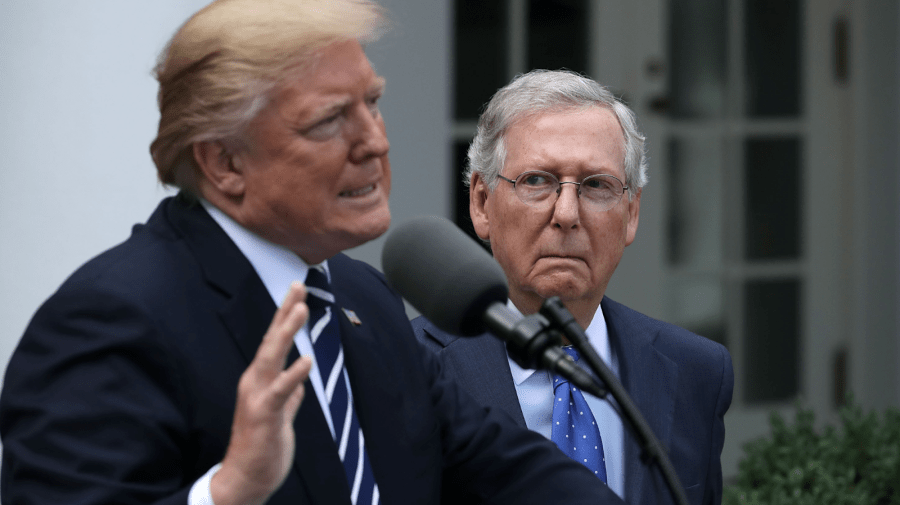
Moreover, the average age of the American population is 38.4 years old. So, how does that compare with the average age of Congress? In regards to the 117th Congress, which began in January 2021 and will remain in place until January 2023, the average age is starkly different from the average age of the Americans they’re representing. At the start of the 117th Congress, the average age of House members was 58.4 years old. In the Senate, the average age was 64.3 years old. Congress’ oldest member, Senator Feinstein, turned 89 in June 2022.
Do Older Lawmakers Reflect the Goals and Values of the Majority of Americans?
When the majority of politicians are close to retirement age — if not well beyond it — they may not have the same grasp on the challenges the majority of Americans are facing. For example, they may be out of touch with what young families or young adults need and value.
A person’s views are often shaped over a lifetime. While lawmakers do adjust their approaches over time, their early experiences remain important, influencing their decisions and values. As they age, their personal priorities change, and that might mean they lose sight of what their constituents really want.
One prime example? Climate change. The impacts of the ongoing climate crisis will drastically impact younger people, making environmental issues a real priority for them. Meanwhile, older lawmakers might find the climate-related disasters less dire; after all, many will likely pass away before the consequences of their inaction come to light.
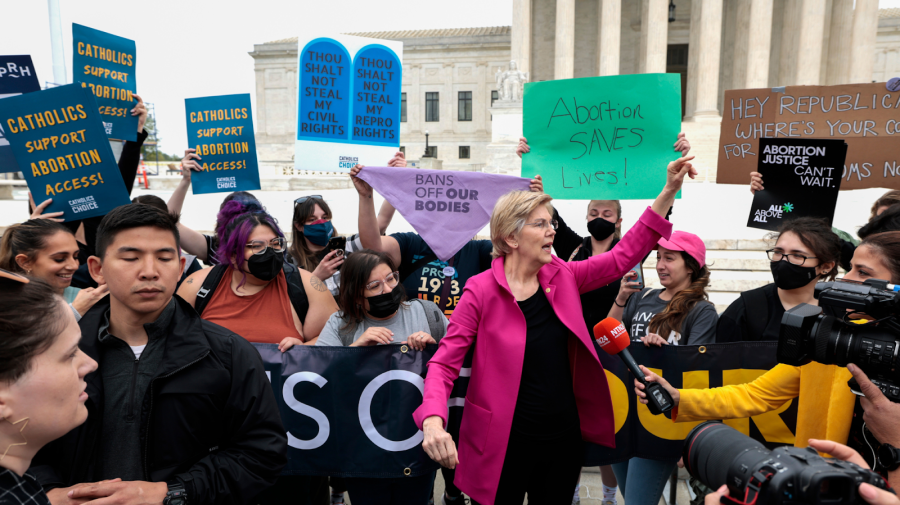
Of course, that doesn’t mean there aren’t any benefits to government leaders’ median age skewing toward the older end of the spectrum. With ages comes knowledge and experience, after all. If these older politicians remain open-minded and make it a priority to stay in touch with the concerns of younger generations, they can fully represent the American people. Senator Elizabeth Warren (D-MA), who’s 73 but has made issues like student loan debt cancellation and the climate crisis a large part of her position, is a good example of this approach.
Does Having Older People in Positions of Power Hinder Democracy?
Having older lawmakers doesn’t inherently hinder democracy. However, if they’re failing to address the needs, priorities and preferences of their constituents, that could very well harm our democracy.
Technically speaking, America functions as a representative democracy, so the aim is to elect leaders who will represent the views of the majority of Americans. Lawmakers are meant to make sure all of our voices are heard, especially when it comes time to make critical decisions.
While politicians of any age may choose to focus on priorities that their constituents don’t value or agree with, it’s clear that older politicians may face a particular challenge when it comes to understanding the needs of young people. Often, the issues we all face are layered and complex; if a lawmaker or other official isn’t in touch with the reality of a given situation, they could make incorrect assumptions about the best course of action, simply because they’re disconnected.
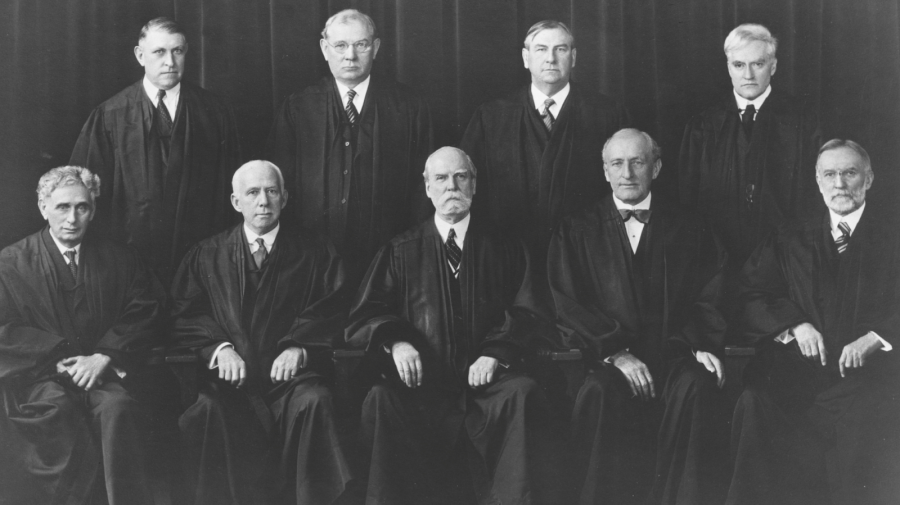
During Franklin D. Roosevelt’s presidency, for example, six of the Supreme Court Justices were 70 or older, leading many to dub them “The Nine Old Men”; FDR felt that they were out of touch with what the majority of Americans wanted due to their age, and even suggested expanding the court to make room for a diversity of opinions.
It’s also important to note that this doesn’t mean older people shouldn’t hold positions of power. In the same way having younger generations involved in decision-making processes is essential, we also need the voices of elders — otherwise our lawmakers may end up neglecting the needs of older Americans.
Are There Practical Concerns Relating to Gerontocracies?
But a disconnect from constituents isn’t the only thing that makes folks wary of a gerontocracy. It’s perfectly reasonable to wonder whether or not an older politician or public servant has the mental faculties to handle the demands of their job.
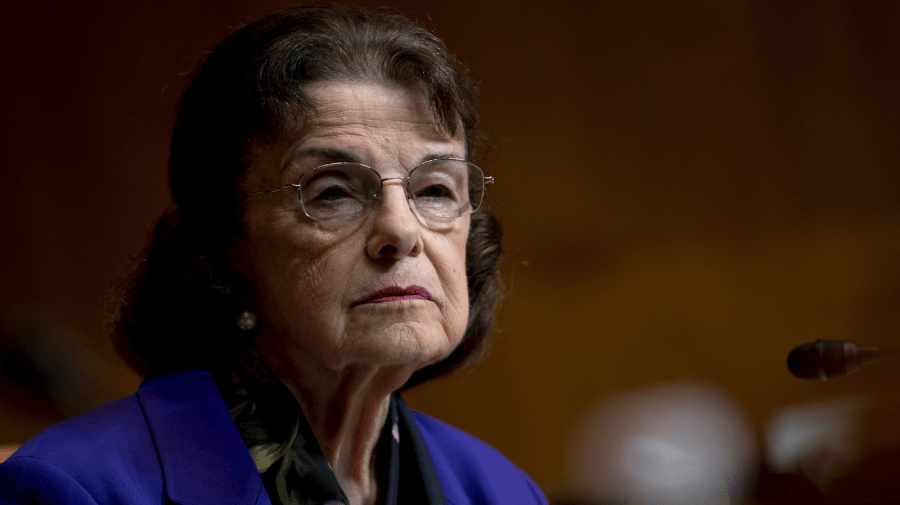
It’s no secret that cognitive and memory-related issues often arise as a result of aging. Just in the last few years, skeptics have raised concerns about the mental faculties of a host of older folks who hold — or held — prominent positions, including Senator Feinstein, Donald Trump and President Biden. Whether those concerns are founded isn’t always clear, but the mere fact that those concerns are increasingly bubbling to the surface is concerning.
Clearly, a gerontocracy brings about an array of challenges, both for the politicians themselves and the population at large. There’s debate about how best to handle the situation, especially as it relates to Congress. It’s important to mitigate the drawbacks associated with a majority older body of lawmakers without losing out on the benefits of their experience. As is often the case within a democracy, an equitable and just balance must be struck in order for the voices and concerns of the American people to be accurately represented.






